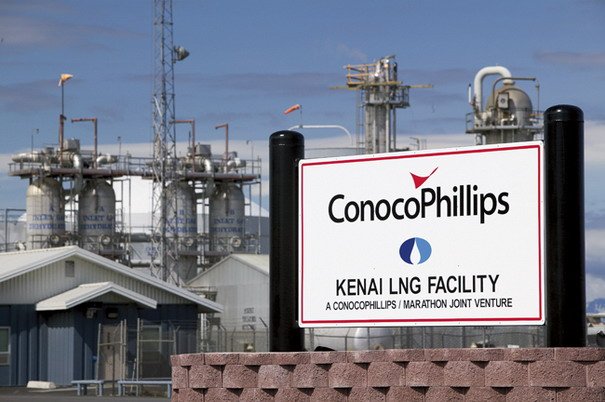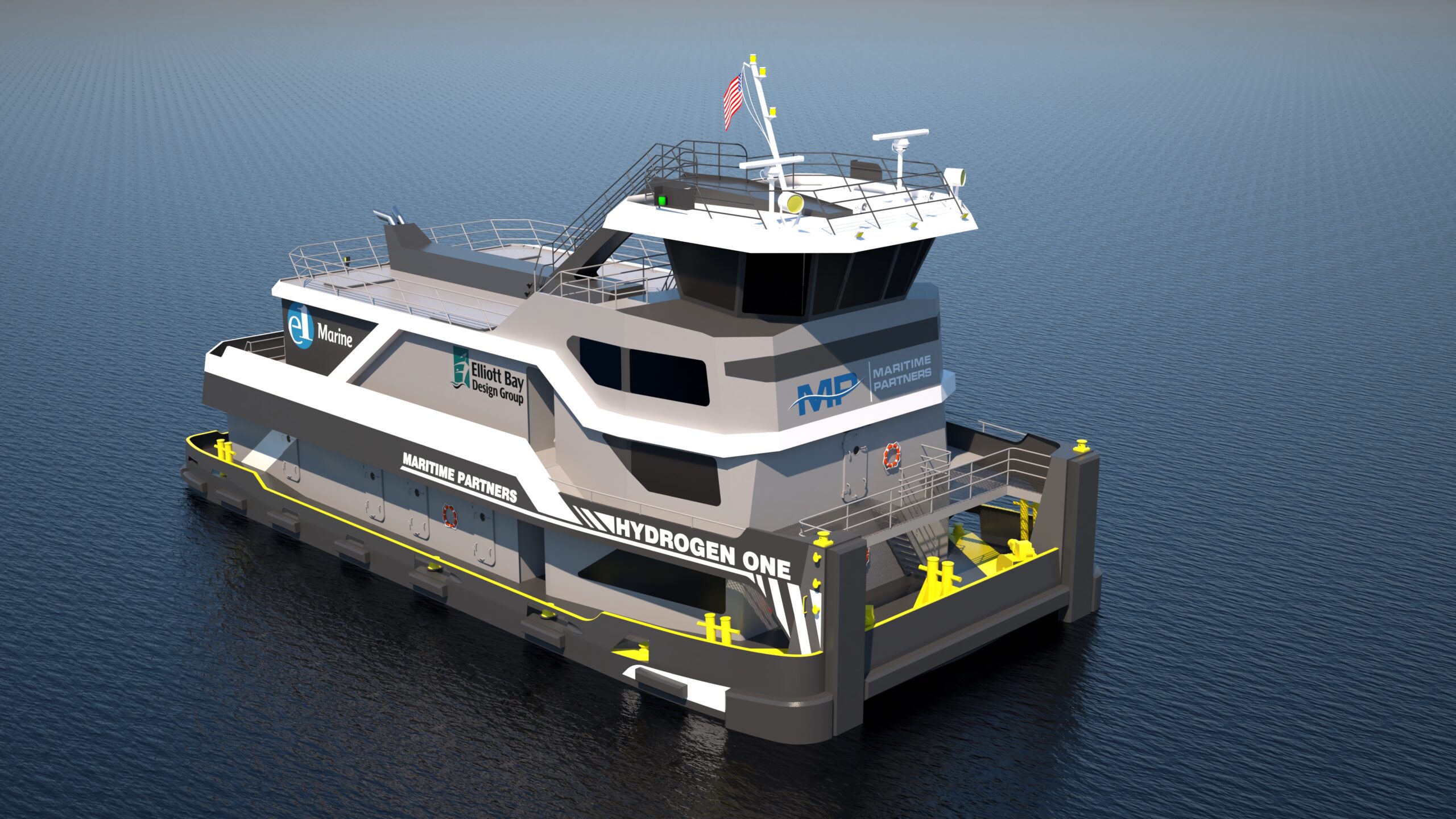Image: ConocoPhillips
(Bloomberg) — ConocoPhillips may cease shipments of liquefied natural gas from the U.S.’s only export terminal in Alaska because of insufficient local supply.
The company, whose export license expires March 31, will apply for a renewal only if there is enough gas at its Kenai plant in south-central Alaska after meeting local demand, Amy Burnett, a company spokeswoman, said in an e-mail. The terminal is the only U.S. plant in operation that’s authorized to sell domestically produced fuel to countries with which the nation has no free trade agreement.
“Right now, ConocoPhillips is unaware of sufficient gas supply to support exports,” Burnett said. “ConocoPhillips has the flexibility to resume operations and apply for a new export authorization if sufficient gas becomes available.”
ConocoPhillips shipped four spot LNG cargoes from Alaska to Japan in 2012, according to data from the U.S. Department of Energy. The Asian country purchased 271,364 metric tons of gas from the U.S. last year, according to finance ministry records.
The cargoes arrived at the western Japanese port of Himeji, where Kansai Electric Power Co. and Osaka Gas Co. have terminals for receiving the fuel, according to ship-tracking data on Bloomberg. Kansai Electric officials declined to say at the time whether the company bought the cargoes. Osaka Gas didn’t buy the shipments, officials with that company said.
ConocoPhillips had planned to mothball its Alaskan plant after buying Marathon Oil Corp.’s 30 percent stake in the facility, the company said in October 2011. Tokyo Electric Power Co. and Tokyo Gas Co. previously had a joint deal to buy LNG from the Kenai. That contract, signed in 1969, expired in March 2011.
The Department of Energy awarded an export authorization last year to Cheniere Energy Inc., which plans to begin selling LNG by early 2016 from a terminal in Sabine Pass, Louisiana.
LNG is natural gas cooled to minus 160 degrees Celsius (minus 256 degrees Fahrenheit), shrinking the fuel to about 1/600 of its original size for transportation.
– Jacob Adelman and Chou Hui Hong, Copyright 2013 Bloomberg.

 Join The Club
Join The Club











